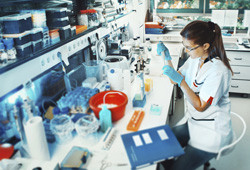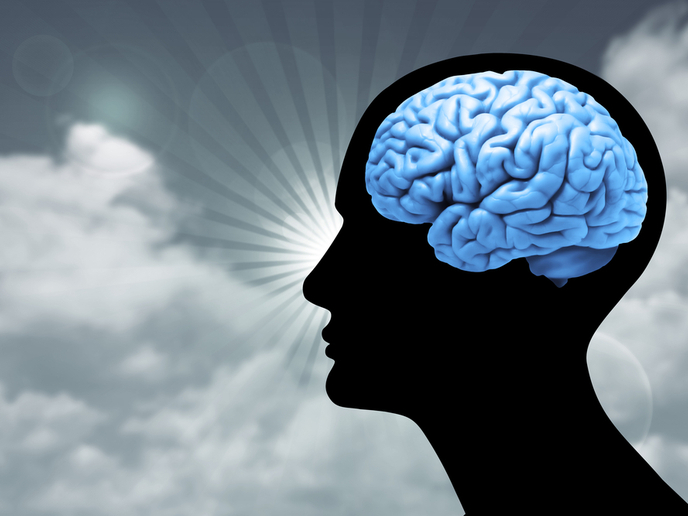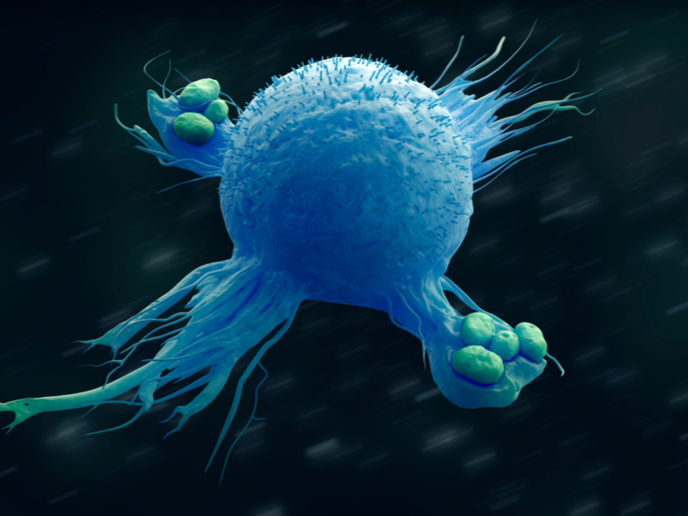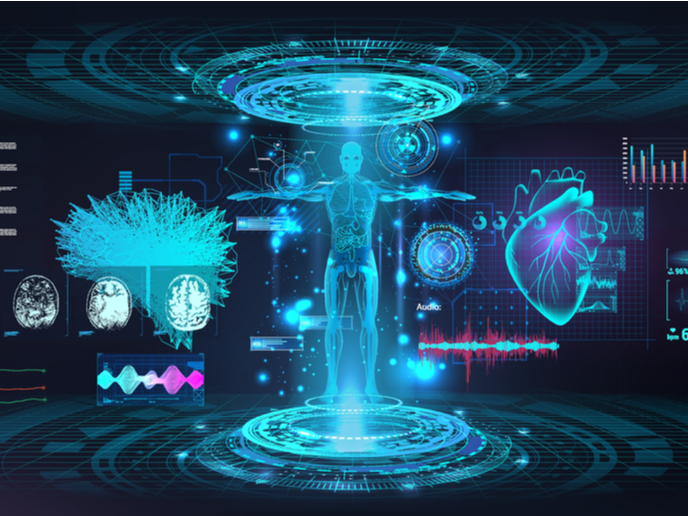Improved cardiomyocytes for transplant
Human embryonic stem cells (hESCs) and induced pluripotent stem cells (iPS) are emerging as important sources for numerous types of differentiated cells. Their human origin, ease of isolation and prolonged survival in culture make them ideal candidates for use in regenerative medicine. Work so far indicates that in vitro cardiac differentiation of hESCs and iPS cells produces immature cardiomyocytes similar to neonatal cells in phenotype. Accumulating evidence suggests that cardiomyocyte maturation is associated with thyroid hormones. Early in development, cardiomyocyte precursors resist the premature effect of maternal thyroid hormones through mechanisms that resemble the in vitro cardiac differentiation of stem cells. Seeking to address this issue, scientists on the EU-funded T3D3 STEM CELLS project decided to modulate the thyroid hormone pathway to obtain more mature cardiomyocytes. To this end, they evaluated the maturation impact of T3 hormone cardiomyocytes derived from either hESCs or iPS cells. They measured a number of markers associated with cardiac differentiation to find that T3 did not affect cell size nor organisation in these cells. However, T3-treated cells exhibited an increase in spontaneous beating with altered dynamics of the intracellular calcium ion levels – key factors for regulating heartbeat. Taken together, these findings suggested a more mature phenotype of the cardiomyocytes following treatment with T3. Interestingly, researchers found that the presence of the thyroid hormone modifying enzyme Deiodinase 3 (D3) in hESC-derived cardiomyocytes was associated with the immature phenotype. During development, D3 breaks down maternal T3 to prevent early growth and maturation of the heart. When they used an inhibitor against the D3 enzyme in combination with T3 hormone, an even greater maturation effect was seen. Overall, the findings of the T3D3 STEM CELLS study underscored the importance of the thyroid hormone pathway in cardiomyocyte differentiation. Modulation of the pathway through hormonal stimulation or inhibition of modifying molecules could improve the maturation outcome of stem-cell derived cardiomyocytes.
Keywords
Cardiovascular disease, differentiation, cardiomyocyte, embryonic stem cells, induced pluripotent stem cells, thyroid hormone, deiodinase 3







